As town planning professionals, we have a responsibility to help shape the places people live, work, socialise and enjoy. This includes working to make places that are healthy, safe, secure and inclusive to all.
As part of Pride month, I’m focusing on three milestone planning decisions that have had a positive impact on the LGBTQ+ community.
In September 2015, the Royal Vauxhall Tavern in Vauxhall, London, became Grade II listed. Historic England cited the building’s 'historic and cultural significance as one of the best known and longstanding LGB&T venues in the capital', describing it as 'an enduring symbol of the confidence of the gay community in London'.
More recently, in January 2021, London Borough of Tower Hamlets resolved to grant planning permission for the redevelopment of the site of celebrated gay nightclub The Joiners Arms which closed in 2015. The scheme will include new homes, a hotel, business space and, importantly, a replacement pub to serve as a late-night venue for the LGBTQ+ community. The developer also agreed to pay over £100,000 towards the pub fit out. It’s understood to be the first time planning permission has stipulated that a drinking venue is provided as an LGBTQ+ establishment.
Then in March this year it was announced that Britain’s first retirement community for LGBTQ+ people would open in Vauxhall, London. A housing association is delivering one and two-bedroom flats aimed at LGBTQ+ people and straight couples who support the values of the gay community. It’s seen as a significant milestone as residents have sometimes felt pressured to go 'back into the closet' when living in conventional retirement homes.
There has been a strong shift in attitudes and acceptance since the Stonewall Uprising in 1969. This is demonstrated by the large celebration of Pride by people inside and outside the LGBTQ+ community. While Pride first and foremost is a celebration, the movement has played a crucial role in calling for the mainstream acceptance of sexual diversity, at the same time drawing attention to a range of rights issues and injustices. As a result, it has made great strides in securing better representation and provided a platform for the LGBTQ+ community to speak out against discrimination and prejudice.
Over recent years, there’s been a decline in the number of pubs, bars and clubs, both gay and straight. This is a sign of changes in the way people socialise, and the loss of LGBTQ+ venues is synonymous with the changing times. But it’s important that such places remain, as they provide diversity in our neighbourhoods and allow different groups to come together to feel safe and celebrate being themselves.
We should use Pride month to remind ourselves to strive to continue to make places inclusive, welcoming and accessible to all groups in society and use planning controls and the planning system to facilitate this.
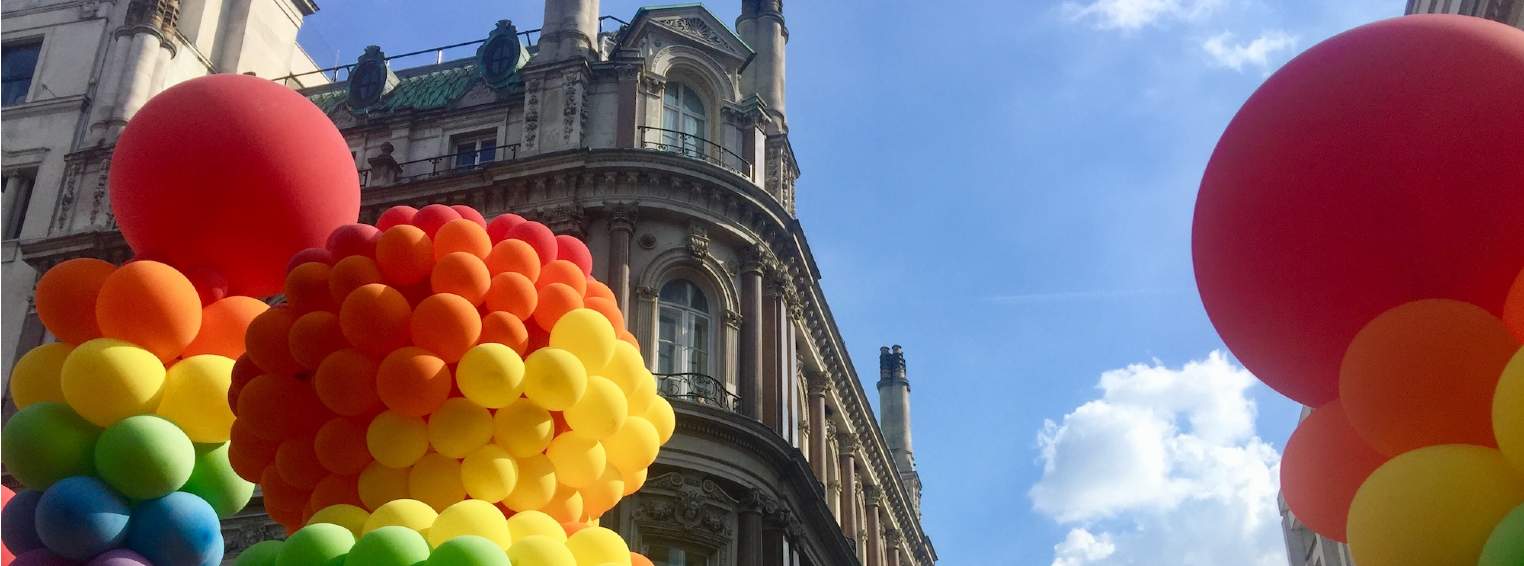
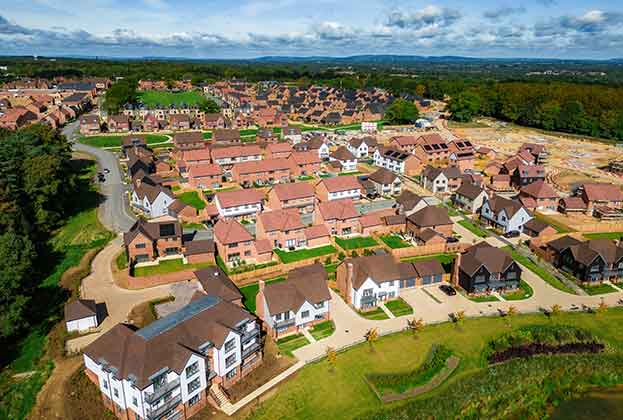
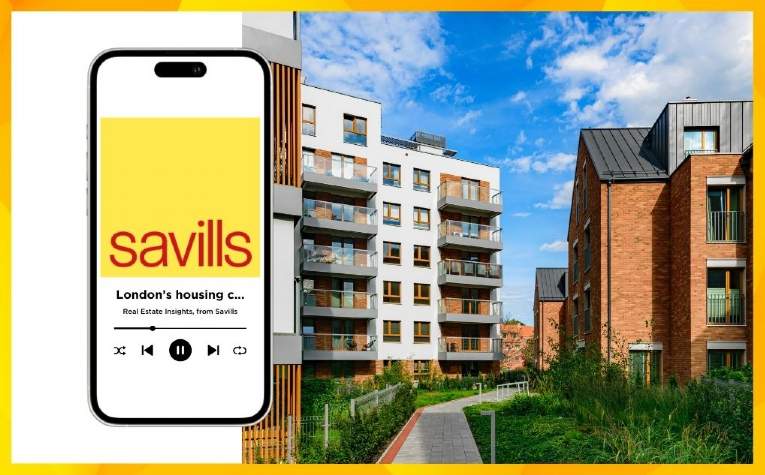
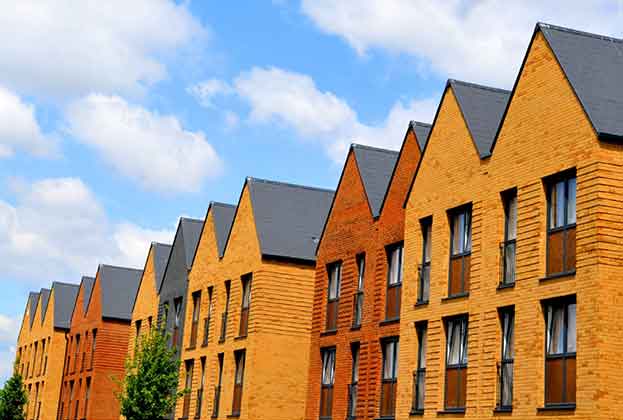
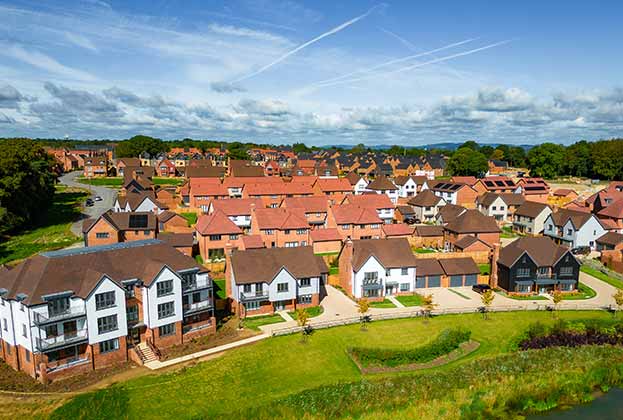
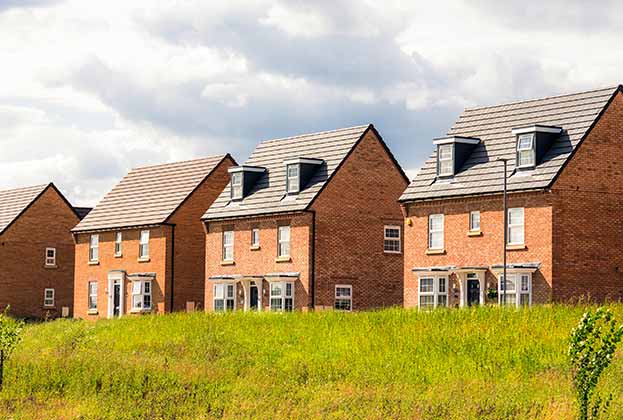
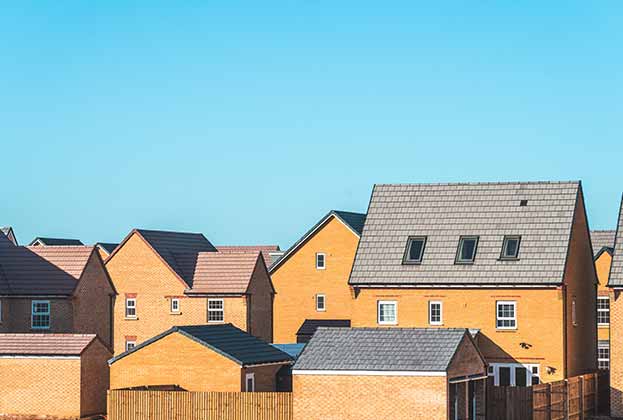
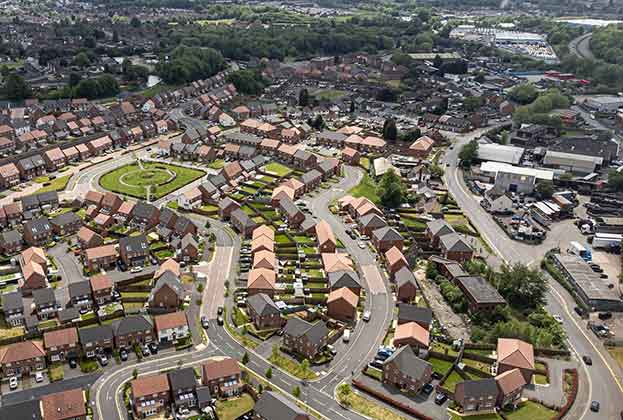
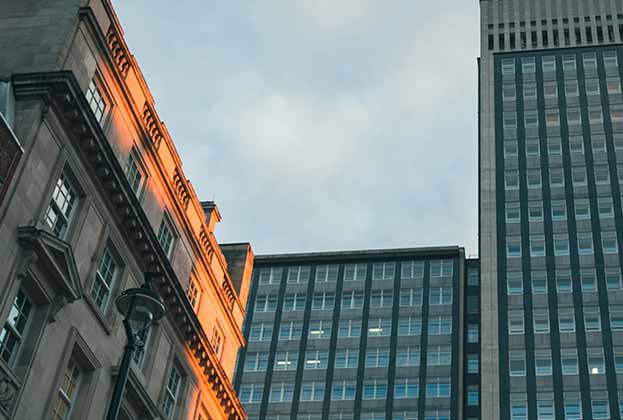
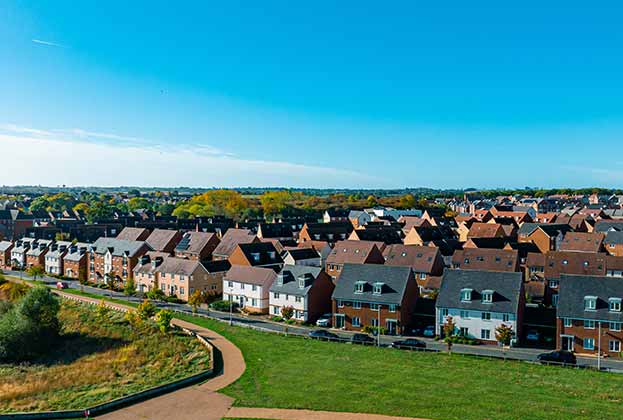
.jpg)